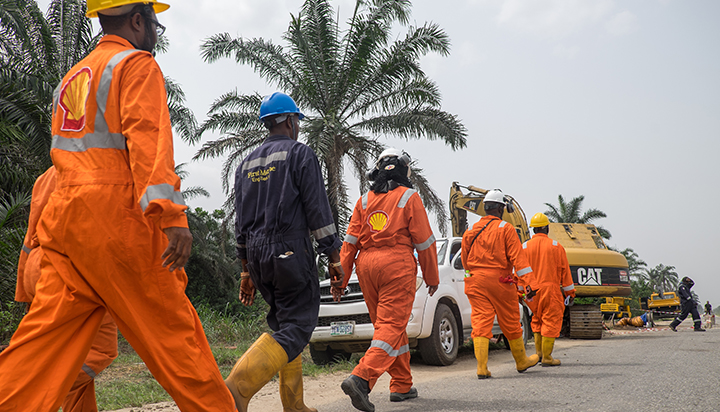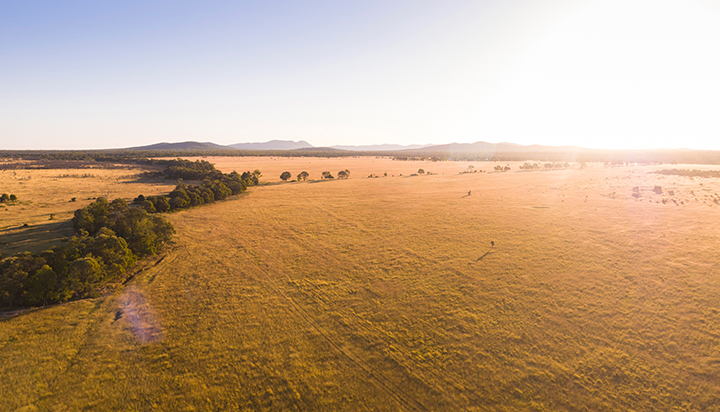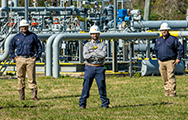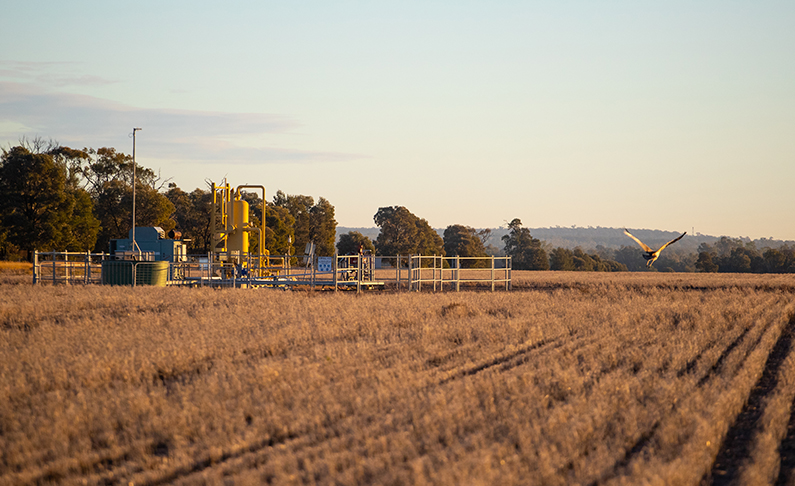Protecting biodiversity
We seek to understand, avoid and respond to any potential impacts our activities may have on biodiversity and ecosystem services. We do this by protecting the local environments near our operations, which may include wetlands, natural habitats, and threatened species.
We are committed to not exploring for or developing oil and gas resources within natural and mixed World Heritage Sites.
Biodiversity management
We aim to minimise the impact of our projects on biodiversity and ecosystems by applying the mitigation hierarchy, a decision-making framework that involves a sequence of four key actions: avoid, minimise, restore and offset. We first aim to avoid impacts on biodiversity and ecosystems. Where avoidance is impossible, we aim to minimise our impact and, where necessary, we apply mitigation measures and actively monitor their success.
Where our operations have had an impact, we work with conservation experts and communities to restore ecosystems by planting vegetation, for example, or redesigning parts of our operations to reduce their effect on local wildlife. We also look for opportunities to make a positive contribution to conservation, such as taking part in environmental research projects.
Restoring and protecting habitats
We work with the International Union for Conservation of Nature (IUCN) to protect areas such as nature reserves, wilderness areas and habitats for certain species.
IUCN and Shell Petroleum Development Company of Nigeria Limited (SPDC) have worked together since 2012 in Nigeria to enhance remediation techniques and protect biodiversity at sites affected by oil spills. This work includes using bioremediation, a process that uses micro-organisms to naturally break down, and ultimately remove, oil contamination.

Shell Petroleum Development Company of Nigeria Limited is working with IUCN to enhance remediation techniques and protect biodiversity in the Niger Delta.
In 2017, SPDC and IUCN joined forces on the Niger Delta Biodiversity Technical Advisory Group, which also includes representatives from the Nigerian Conservation Foundation. In 2020, the advisory group assessed the baseline field reports of two pilot sites containing fresh water and swamp forests and set out its aims and timeline for work at the sites. Field visits to the remote locations were disrupted due to COVID-19 restrictions. The advisory group is also analysing other potential pilot sites identified by SPDC and is planning an engagement session with the regulatory agencies in Nigeria (see Spill response and prevention in Nigeria).
We also collaborate with other global organisations such as Earthwatch on environmental research and conservation projects and to raise awareness among Shell staff.
We carefully consider and aim to respond to any potential impacts our activities may have on biodiversity and ecosystems. In Queensland, Australia, for example, the Shell-operated QGC natural gas project in the Surat Basin extensively monitors biodiversity to identify, avoid and minimise its potential impact on threatened plants, animals and ecosystems. This has meant that since construction of QGC’s liquefied natural gas plant started in 2010, only 34% of disturbance to endangered ecosystems, ecosystems of concern and essential habitats has occurred compared with what was initially predicted. Shell has a majority interest in QGC as a result of the BG acquisition in 2016.
QGC manages the 10,000-hectare Valkyrie area of open woodland as part of its strategy to offset the project’s carbon emissions and impact on biodiversity. QGC protects or redevelops ecosystems in Valkyrie to generate carbon credits that energy customers can buy to offset their emissions.

Valkyrie in Australia is home to an 800-hectare endangered-native-forest regeneration project.
For more on our approach to biodiversity, visit www.shell.com/biodiversity
Find out more about our commitments at www.shell.com/environmentally-sensitive-areas




